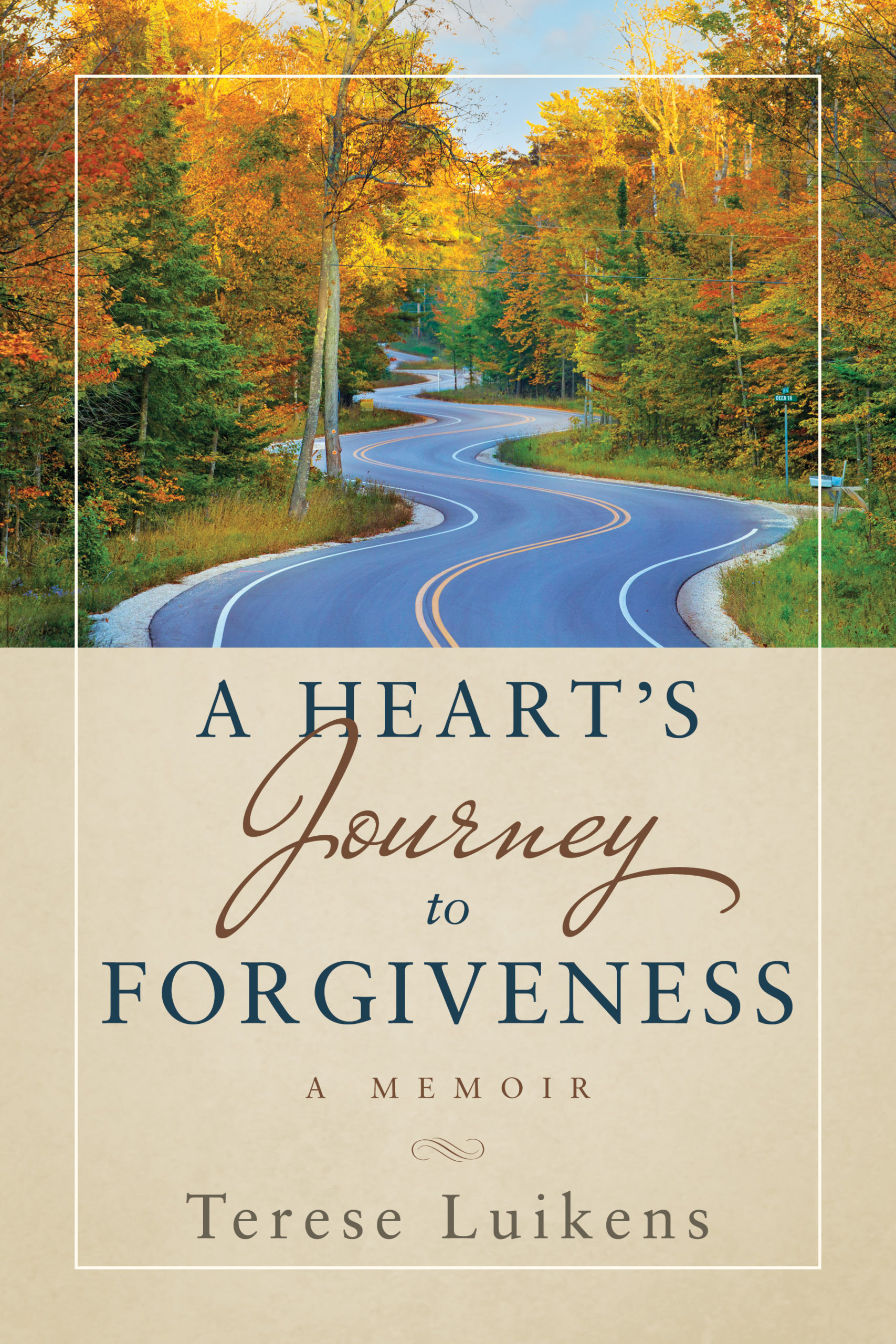Why Bother Thinking About Our Losses?

Why Bother Thinking About Our Losses?
Sometimes our losses are beneficial, other times, they are not as helpful. When I lose a few extra pounds, I am not anxious to regain them—losing my car keys, on the other hand, propels me into a frantic search.
Some losses lead to personal transformation. Recently, a friend of mine moved her aging parents from the family home. Their large house was filled to capacity with an assortment of furniture, clothes, books and other sundry items, a collection spanning fifty years. Giving and throwing away many of these articles facilitated their move into a smaller, less cluttered and easier to maintain home. Though it was a tough challenge for my friend to help her parents sort through their many treasures, my friend then decided to clean out her own closets. She told me she does want her children to be burdened with the same chore she just completed for her parents. Hers was a happy ending to loss and transition.
But sometimes we are shaken by losses which are completely out of our hands, the ones we wish we had the power to vanquis, if only we could.
Beyond Our Control
Loss of a job, our health, a marriage, or a loved one are some of the larger circumstances which can cause strong distress in our lives. Major dilemmas produce much more frustration and stress than a set of misplaced car keys. Confronted by sudden and unforeseen challenges, it is easy for some of us to dissolve into puddles of helplessness, desperation or depression. Other personalities may react with strong anger and a drive for vengeance. Either reaction only exacerbates the problem. Instead of surrendering to our circumstances and becoming victims, there are healthy and helpful ways to live through seasons of a major loss.
With stressful circumstances, especially the ones which side-swipe us and send us reeling, our thoughts can be our own worst enemies. The messages — that we are doomed, there is nothing we can do, we are ruined, the circumstances are unfair— are powerful, but not always true. Sorting through our thoughts and discarding the falsehoods is a good way to begin instigating steps toward thinking on the things which are true. Yes, I’ve suffered a great loss, but am I destined for failure? We cannot control every event in life, but we can govern what we tell ourselves about the event.
Though we cannot always predict what loss we might experience in our lifetime, or even prepare for them ahead of time, the healthier our daily life habits, the better we’ll be able to stay afloat when those major, unplanned transitions occur. Strong friendships, an active faith, a well rounded diet, and routine exercise builds our immunity against falling prey to catastrophic events.
Why bother thinking about our losses? It is worth it to think about how seasons of loss will come, but they do not remain indefinitely.
New Release
